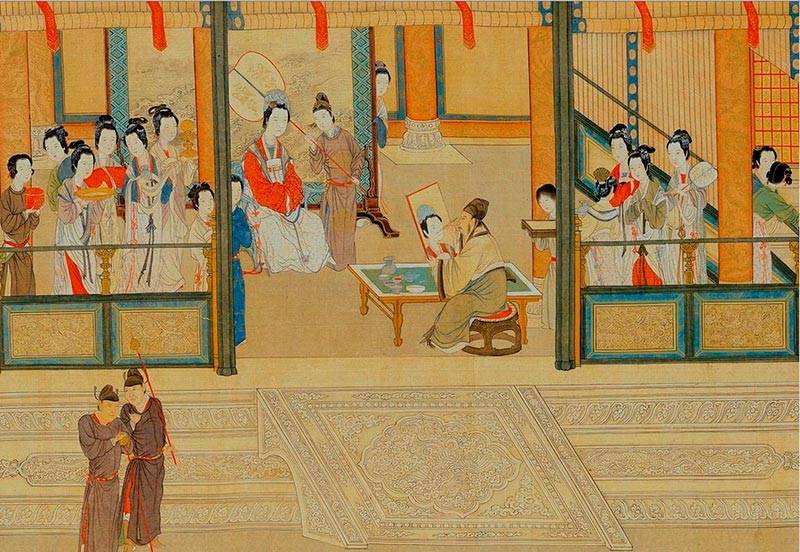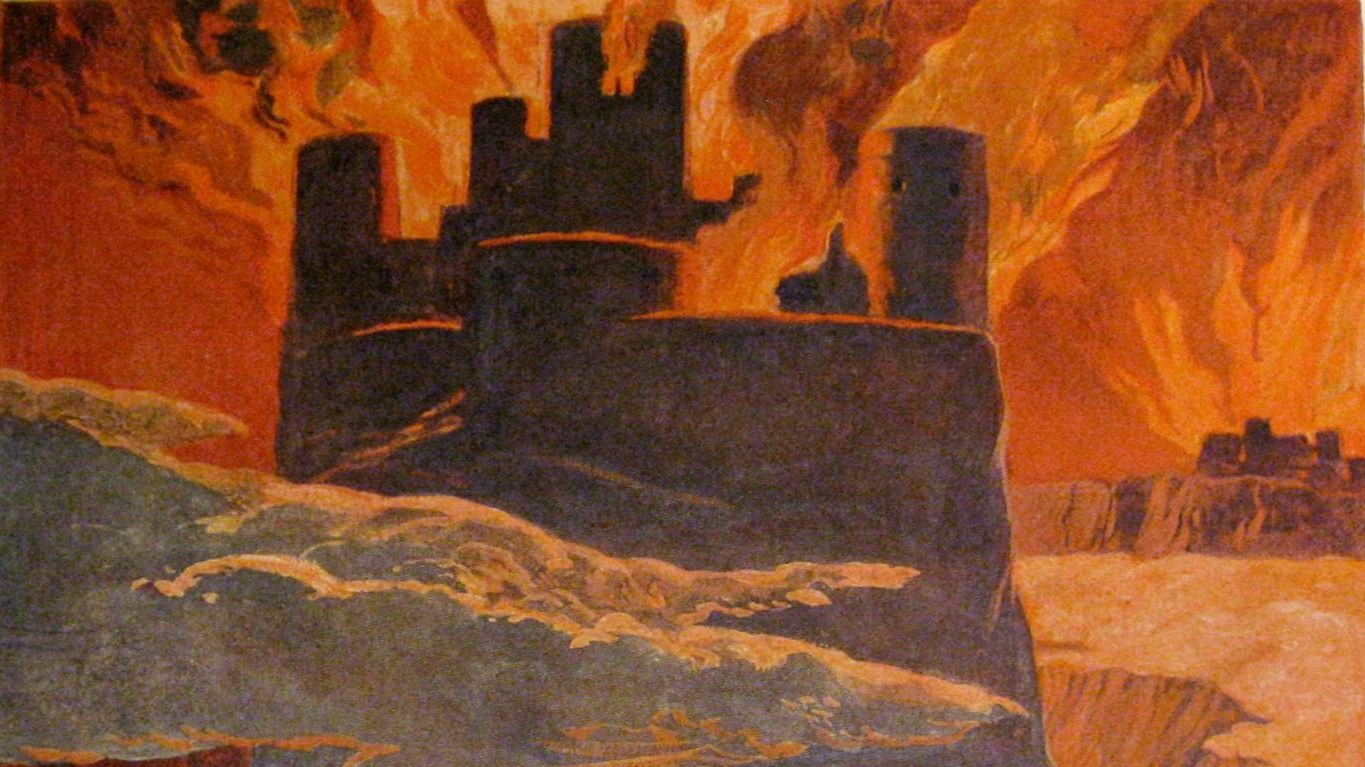Islands, which have been of no interest before, over time become another point of confrontation between the USA and the People’s Republic of China (PRC).
The ongoing escalation over Taiwan has drawn the world’s attention to the US-China confrontation in the Asia-Pacific region, but only at one point. In fact, this confrontation has intensified in several places, including the South Pacific, which is relatively distant from both countries at first glance.
For months now, China, on the one hand, and the USA and its allies, on the other, have been fiercely dividing the islands of Oceania that have been of no interest before.
Indeed, for the past three decades, the USA has had little to do with them. It has removed its embassies from there (if there were any) and appointed nearby Australia and New Zealand to be in charge of them. For the latter, Oceania, quite expectedly, was predominantly a source of guest workers. Over time, financial injections into the islands from that side also began to diminish. And the COVID-19 years proved disastrous for the economies of the region’s smaller countries, with a significant portion of their populations working either in tourism or abroad, which became sharply impossible.
All these years, slowly and without fanfare, China gradually entered the region. At first it began to spread its business into Oceania, and in recent years – and especially in recent months – it has already taken overtly political steps. Two of Beijing’s most high-profile victories were the Solomon Islands and Kiribati.
The Solomon Islands suddenly made a U-turn in their position on Taiwan back in 2019 and have supported official Beijing ever since. At the end of 2021, this almost led the country to a coup, but then neighbors, including Australia and New Zealand, were actively involved in pacifying the protests. This did not change the government’s reliance on China, but rather strengthened it.
In April 2022, an international scandal erupted – it became known about the forthcoming defense agreement between China and the Solomon Islands. In particular, according to unofficial information, Beijing is now sending police officers to Honiara to quell riots, and Chinese ships have the right to call at Solomon Islands ports for refueling. Most importantly, China is going to secure regional routes.
This news caused a real panic in political circles in Australia and New Zealand, which are not at all happy to have a Chinese military base in their vicinity. Incidentally, the failed attempt to force Honiara to abandon the agreement with Beijing was one of the reasons why the previous Australian ruling coalition was defeated in the elections.
And then the real diplomatic race across Oceania began.
In May, Chinese Foreign Minister Wang Yi visited a dozen islands one after another and even tried to negotiate an umbrella defense agreement. This ambitious goal could not be achieved – some countries opposed this suggestion. Nevertheless, he was able to conclude several bilateral treaties, both economic and defense.
In early June, immediately after the Quad meeting in Tokyo, Penny Wong, the newly elected Malaysian foreign minister of Australia, rushed in pursuit. Apart from money, she also promised military aid to the islands (in parallel, Australia and New Zealand have resumed joint military and police exercises on the islands) and more visas for Pacific islanders.
Later, the Pacific Islands Forum was held, to which even US Vice President Kamala Harris connected via the Internet, while the Chinese were ostentatiously not invited and thrown out of the events on occasion.
True, the forum did not turn out very unambiguously. Two countries demonstratively left the forum, one of them being Kiribati, whose non-participation was immediately suspected of having a Chinese trace. The opinion of Yu Lei, a Chinese expert at the Center for Pacific Studies of the Liaocheng University, is quite typical, “If China built a military base on Kiribati, the chain of islands used by the United States [it means the facilities in Micronesia, Palau and the Marshall Islands to the west – Rossa Primavera News Agency editorial] would be meaningless.”
Of course, official Beijing denies interference and assures that there will be no bases neither in the Solomon Islands, nor in Kiribati, and it does not influence the policy of Oceania in any way. The extent to which this is true can be seen in the behavior of the Prime Minister of the Solomon Islands, Manasseh Sogavare. He has been emphatically brazen with the authorities not only in Australia but also in the United States, while being equally demonstrative in expressing his sympathy for China. For example, when US Undersecretary of State Wendy Sherman flew to Oceania in early August, Sogavare simply did not show up at the US event, so she could only say that he would regret it.
Incidentally, we note that the US strategy to combat the Chinese threat remains standard, but has repeatedly demonstrated its effectiveness. Back in the spring, the US Embassy in the Solomon Islands, which was closed more than 30 years ago, was promised to be restored. That is why Sherman came in the first place. At the same time, US and Australian diplomatic missions will appear on the other islands. And then it will be the pro-US opposition and the military or the Chinese military, police and business.
And the contingents are clearly planned to increase. Here is another expert assessment, now from the Australian National University, “China has taken a steady, systematic approach over the last 30 years, insinuating itself into Micronesia’s political and commercial worlds and society via schemes of grants, loans, donations, gifts, scholarships and training courses, friendship associations, and including the Micronesian states in China-sponsored regional forums, dangling the lures of investment and aid.
Establishing Australian embassies in Palau and the Marshall Islands should lead us to consider possible plans in preparation for the transfer of about 4,000 of 19,000 marines stationed in Okinawa to Guam from 2024 to 2028.
While Australia contributes to security in the region through participation in the high-end air combat and humanitarian assistance exercise Cope North, we should consider Australian defence representation on Guam and training with the US there and other areas of Micronesia.”
All in all, it is no coincidence that the strategic importance of the Pacific Islands in World War II has been recalled. For better or for worse, Oceania has clearly caught the attention of the two superpowers. And it seems that for a long time.
Source: Rossa Primavera News Agency




